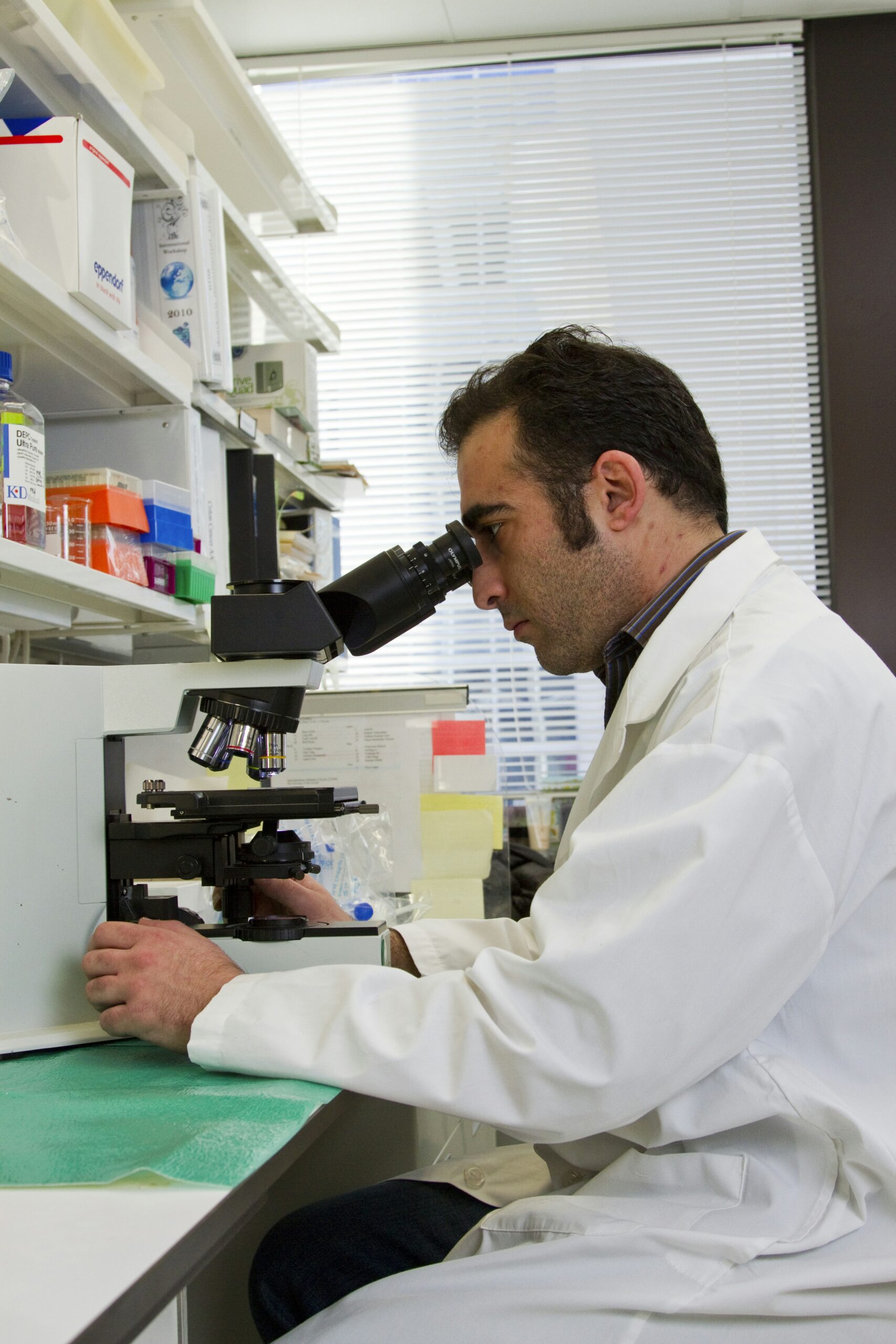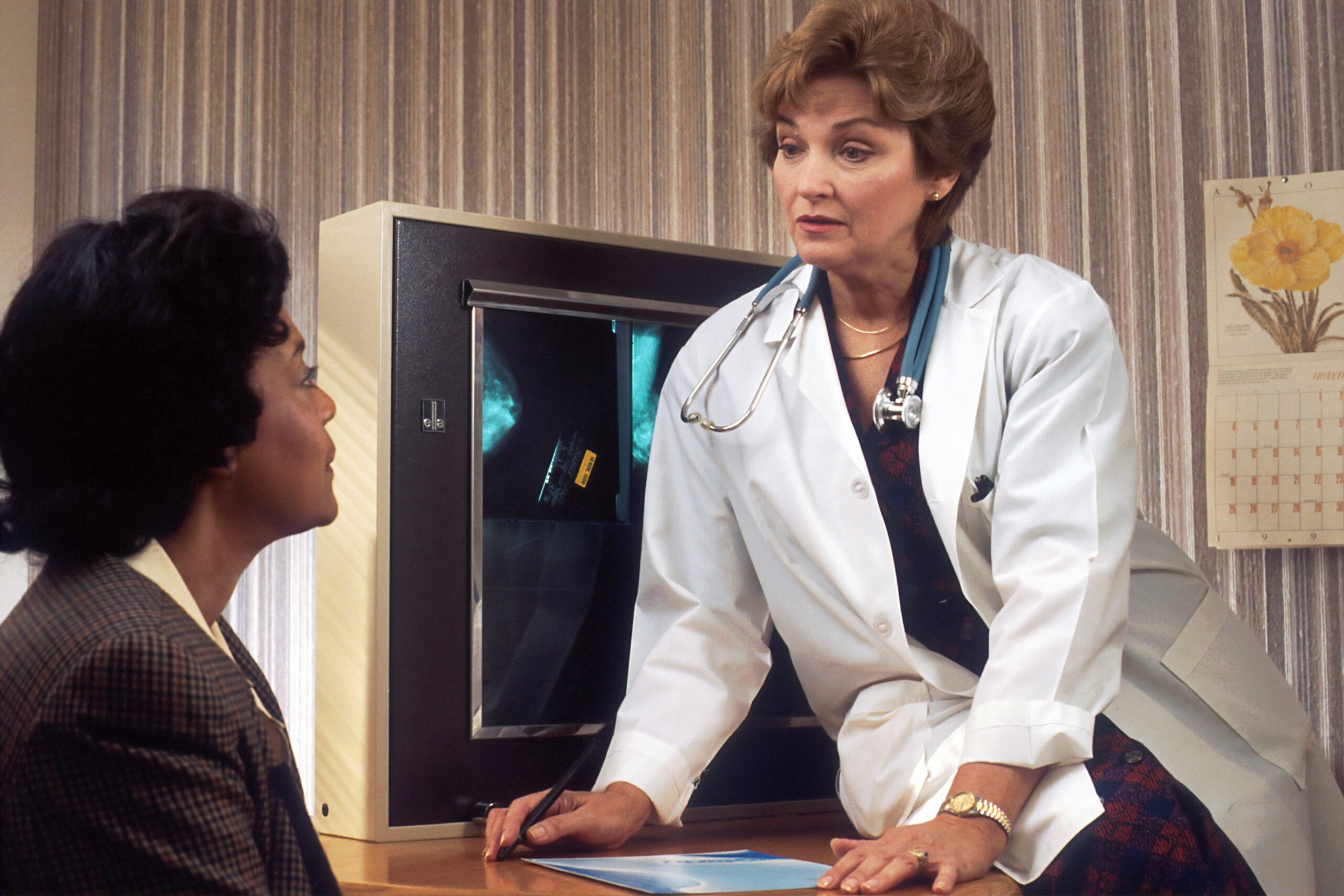Are you concerned about the potential link between prostate problems and bladder cancer? You're not alone. Many individuals worry about the connection between these two conditions and whether one can lead to the other. In this article, we will explore the possibility of prostate problems contributing to the development of bladder cancer. By understanding the potential relationship between these two conditions, you can take proactive steps to protect your health and well-being. So, let's delve into this important topic and gain a clearer understanding of the potential risks involved.

Understanding the Prostate and Its Function
What the prostate is
The prostate is a small gland, roughly the size of a walnut, located just below the bladder in men. It surrounds the urethra, the tube that carries urine from the bladder out of the body.
Function of the Prostate Gland
The main function of the prostate gland is to produce seminal fluid, which helps nourish and transport sperm during ejaculation. The muscles of the prostate also aid in the expulsion of semen during sexual climax.
How the prostate affects urination
Due to its location around the urethra, any changes or problems with the prostate can influence the flow of urine. A healthy prostate allows for normal urination, while an enlarged prostate or other prostate issues can cause urinary difficulties such as increased frequency, weak urine flow, or incomplete emptying of the bladder.
Types of Prostate Problems
Common prostate issues
Prostate problems are common among men, especially as they age. Some of the most common prostate issues include benign prostatic hyperplasia (BPH), prostatitis, and prostate cancer. It's important to recognize the symptoms and seek appropriate medical attention if any problems arise.
Understanding BPH (Benign Prostatic Hyperplasia)
BPH refers to the non-cancerous enlargement of the prostate gland. As men age, the prostate gradually grows, exerting pressure on the urethra and causing urinary symptoms such as frequent urination, urgency, weak stream, and the feeling of incomplete emptying.
Explaining Prostatitis
Prostatitis is the inflammation of the prostate gland, often caused by bacterial infection. It can lead to pain or discomfort in the pelvic region, frequent urination, difficulty urinating, and sometimes flu-like symptoms. Prostatitis can be acute or chronic, requiring different treatment approaches.
Explanation regarding Prostate Cancer
Prostate cancer is the most common cancer among men and usually develops in the cells of the prostate gland. In its early stages, prostate cancer may not cause noticeable symptoms. However, as it progresses, symptoms may include difficulty urinating, blood in the urine or semen, erectile dysfunction, and bone pain.
Symptoms of Prostate Problems
General symptoms of prostate disease
While specific symptoms can vary depending on the type of prostate problem, there are some common signs that may indicate an issue. These include frequent urination, urgency to urinate, weak urine flow, difficulty starting or stopping urination, pain or discomfort during urination, blood in the urine or semen, and sexual dysfunction.
Recognizing the signs of Prostatitis
The symptoms of prostatitis can vary depending on whether it is acute or chronic. Acute prostatitis often presents with sudden onset symptoms such as fever, chills, pain in the lower abdomen or pelvic area, frequent urination, and pain or burning during urination. Chronic prostatitis may have similar symptoms but persist for a longer period.
Symptoms of BPH
BPH commonly causes urinary symptoms, such as increased frequency of urination, especially at night (nocturia), a weak urine stream, difficulty initiating urination, a sense of incomplete emptying, and the need to strain during urination. Some individuals may also experience bladder or urinary tract infections.
Detecting signs of Prostate Cancer
Early-stage prostate cancer often doesn't present noticeable symptoms. As the disease progresses, symptoms may include difficulty urinating, frequent urination (especially at night), blood in the urine or semen, erectile dysfunction, pain or discomfort in the pelvic area, and bone pain.
How Prostate Problems Impact the Urinary Bladder
The anatomical connection between the prostate and bladder
The prostate and bladder are closely connected anatomically. The prostate surrounds the urethra, and the bladder lies just above the prostate. Any abnormality or inflammation in the prostate can affect the bladder due to their proximity and shared function in urination.
How an enlarged prostate affects the bladder
When the prostate becomes enlarged, it can compress the urethra and obstruct the flow of urine from the bladder. This leads to various urinary symptoms such as increased frequency, weak urine stream, difficulty initiating urination, and a feeling of incomplete bladder emptying. If left untreated, it can lead to complications such as urinary retention or bladder stones.
Impact of other prostate issues on bladder function
Prostatitis, inflammation of the prostate, can cause pelvic pain and increased urgency to urinate, potentially affecting bladder function. Prostate cancer, if it spreads to the bladder or blocks the urethra, can also cause urinary symptoms and impact bladder function.

Understanding Bladder Cancer
What bladder cancer is
Bladder cancer refers to the abnormal growth of cells within the bladder. It can occur in different parts of the bladder and may present as non-invasive or invasive cancer. Non-invasive bladder cancer is confined to the inner lining of the bladder, while invasive bladder cancer has spread beyond the inner lining.
Different stages of bladder cancer
Bladder cancer is classified into various stages based on the extent of its spread. These stages include non-invasive bladder cancer (Stage 0), invasive bladder cancer (Stages I-IV), and metastatic bladder cancer (spread to distant organs). The stage of bladder cancer helps determine the appropriate treatment approach and prognosis.
Risks and causes of bladder cancer
Several factors can increase the risk of developing bladder cancer, including smoking, exposure to certain chemicals, older age, male gender, chronic bladder infections, and certain genetic conditions. Understanding these risk factors can help individuals make lifestyle changes and seek regular medical check-ups to detect bladder cancer early.
Symptoms of Bladder Cancer
Common symptoms of bladder cancer
The most common symptom of bladder cancer is the presence of blood in the urine (hematuria). Other symptoms may include frequent urination, urgent need to urinate, painful urination, pelvic pain, and back pain. It's important to note that these symptoms can also be caused by other conditions, so medical evaluation is crucial.
Signs that indicate advanced bladder cancer
Advanced bladder cancer may present additional symptoms, such as weight loss, fatigue, swelling in the legs, bone pain, changes in bowel or bladder habits, and anemia. These signs often indicate the progression of bladder cancer and the need for immediate medical attention.

Link between Prostate Problems and Bladder Cancer
Potential link of BPH and bladder cancer
Research suggests that there may be a potential link between the development of BPH and bladder cancer. It is believed that chronic inflammation in the prostate, which can be present in BPH, may contribute to the development of bladder cancer. However, further studies are needed to fully understand this connection.
How prostate cancer might raise bladder cancer risk
Prostate cancer itself does not directly increase the risk of bladder cancer. However, if prostate cancer spreads to the bladder or obstructs the urethra, it can lead to bladder-related symptoms and potentially increase the risk of developing bladder cancer. Regular monitoring and prompt treatment of prostate cancer are essential to minimize potential complications.
Understanding the connection between prostatitis and bladder cancer
While prostatitis itself does not increase the risk of bladder cancer, it shares similar symptoms with bladder cancer, such as blood in the urine and pelvic pain. The presence of these symptoms should prompt further medical evaluation to differentiate between prostatitis and bladder cancer, if necessary.
Scientific Studies on the Link
Overview of studies completed
Several studies have investigated the potential link between prostate problems and bladder cancer. These studies have explored associations between BPH and bladder cancer, as well as the impact of prostate cancer and prostatitis on bladder health. The results have provided insights into the potential interconnectedness of these conditions.
Interpreting the findings of the studies
While some studies suggest an association between BPH and bladder cancer, the exact nature of the relationship remains unclear. It is challenging to establish causality due to various factors that can confound the results. Additionally, more research is needed to determine the underlying mechanisms and any causative relationship between these conditions.
Potential confounding factors in the studies
Several factors can influence the outcomes of studies examining the link between prostate problems and bladder cancer. These factors include age, genetics, lifestyle choices, and other comorbidities. Researchers need to account for these confounding factors to obtain accurate and meaningful results.
Treating Prostate Problems to Decrease Bladder Cancer Risk
Treatment options for BPH
Treatment for BPH can range from lifestyle modifications to medication or surgical interventions. Lifestyle changes may include limiting fluids before bedtime, avoiding caffeine and alcohol, and scheduled voiding. Medications such as alpha-blockers and 5-alpha reductase inhibitors can help relax the prostate and relieve urinary symptoms. In more severe cases, surgery may be recommended to remove or reduce the size of the prostate.
Managing prostatitis effectively
The treatment approach for prostatitis depends on whether it is acute or chronic. Acute prostatitis usually requires antibiotics to treat the bacterial infection, along with pain relievers for symptom relief. Chronic prostatitis may be managed with long-term use of antibiotics, alpha-blockers, anti-inflammatory medications, physical therapy, and lifestyle modifications.
Approaches for prostate cancer treatment
Prostate cancer treatment options vary depending on the stage and aggressiveness of the cancer. They may include active surveillance, surgery, radiation therapy, hormone therapy, chemotherapy, immunotherapy, and targeted therapy. Treatment plans are personalized based on individual factors such as age, overall health, and patient preferences.
Preventive Measures for Prostate Problems and Bladder Cancer
Lifestyle changes for better prostate health
Maintaining a healthy lifestyle can contribute to better prostate health and potentially reduce the risk of prostate problems and bladder cancer. This includes regular exercise, a balanced diet rich in fruits and vegetables, limited alcohol consumption, not smoking, maintaining a healthy weight, and practicing safe sexual behaviors.
Screening and early detection strategies
Regular screening and early detection are crucial for both prostate problems and bladder cancer. Prostate-specific antigen (PSA) blood tests and digital rectal exams (DRE) help screen for prostate cancer. For bladder cancer, urine cytology, cystoscopy, and imaging tests may be recommended. Discuss with your healthcare provider to determine the appropriate screening schedule for your individual risk factors.
Risk reduction advice for bladder cancer
To reduce the risk of bladder cancer, it is important to avoid exposure to known carcinogens such as tobacco smoke, certain occupational chemicals, and environmental toxins. Staying adequately hydrated, maintaining good hygiene, and promptly treating urinary tract infections may also help reduce the risk. Regular follow-up appointments and adherence to healthcare provider recommendations can aid in early detection and intervention.
In conclusion, while the link between prostate problems and bladder cancer is still being explored, it is important to recognize the potential connections and seek appropriate medical care. Understanding the symptoms, treatment options, and preventive measures can help reduce the risk and promote better prostate and bladder health. Regular check-ups and open communication with healthcare providers are key to maintaining overall well-being.

